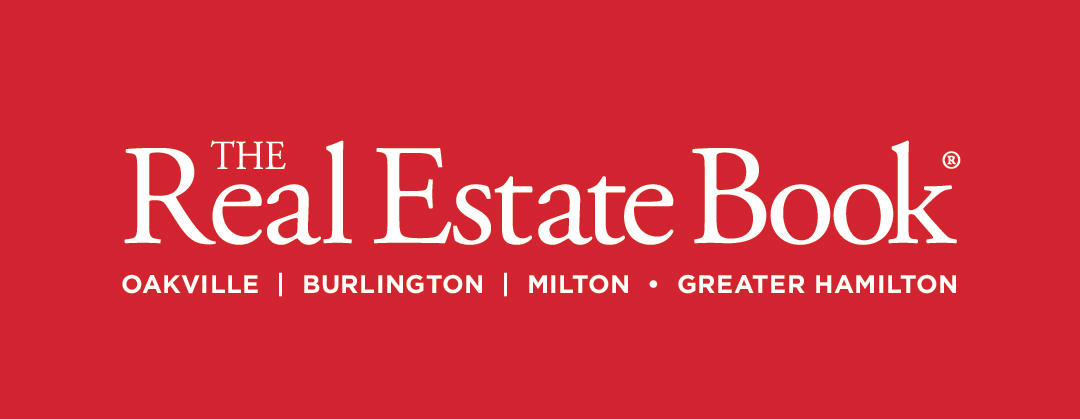Before the Covid-19 global pandemic, the real estate market in Hamilton and the surrounding area was on the rebound after a tumultuous 2018 and a mixed 2019. Despite the lower inventory at the start of 2020, prices were rising along with an increase in consumer confidence. Then the virus hit in mid-March, April and May saw industry and businesses shut down, and nervous clients had to tiptoe carefully into the unknown waters of buying and selling homes during a pandemic.
According to Jordan Zalter of RE/MAX Escarpment Realty Inc., the seriousness of the buyer has changed. “There is a lot more pre-qualifying happening online before potential buyers make an appointment to see a house,” explains Jordan. “The changes in how we operate have weeded out the five-minute appointments. Consumers are educating themselves and getting the legwork done ahead of time and only making an appointment when they are serious about the property.”
During the quarantine, house showings were still allowed, but open houses were not. Realtors have been able to spend more time with serious buyers and sellers, which has translated into an increase in the ratio of showings to offers. The supply is still low, which has kept market prices stable, and many homes are selling over asking. A couple of factors have contributed to low inventory, including the halt in development as builders were required to put projects on hold. Sellers have also been wary of listing their homes during this time, having strangers in their homes and having to disinfect after every viewing. Fortunately, the number of calls from sellers forced to sell due to financial concerns or job loss has been negligible.
While realtors may have found a dip in overall sales for the latter half of March and April, the interest began to pick up again in May, specifically with resale homes. For some realtors, the most unexpected change has been the number of foreign buyers, specifically from the United States, who decided to move north of the border. With border restrictions in effect, these transactions have been done mainly online. Some buyers have family in Canada who can view the home and provide feedback, or they rely on their realtor to decide if the property checks all the boxes. “We have had more contact with US buyers in the last three months than we have in the last five years,” explains Jordan. “With these sorts of transactions, it becomes even more critical to have a strong, trusting relationship between client and agent.”
Perhaps the hardest adjustment for realtors, who are keen to meet clients and form a relationship, is the lack of face-to-face meetings. But, overall, clients have adapted very well to the new procedures. “Everyone has been very patient that things had to change and be done differently,” says Isaac Philips of Royal LePage State Realty. “The adaptation has been significant, but we are fortunate to be able to perform our day-to-day business and continue to work.” For many agents, the number of units sold year-to-date has not changed much. New building permits were put on hold for the first four to six weeks of the pandemic, but construction has since resumed in most areas. “In smaller cities, there hasn’t been the big jump in springtime listings, but buyers are still there,” says Isaac. “The inventory is still low, so for sellers, it’s a good time to list if they can get comfortable with the new process.”
As the year progresses and rates of infection decline, we can expect pandemic fears to subside, and the industry should slowly return to normal.
Written by Julie Achtermeier


